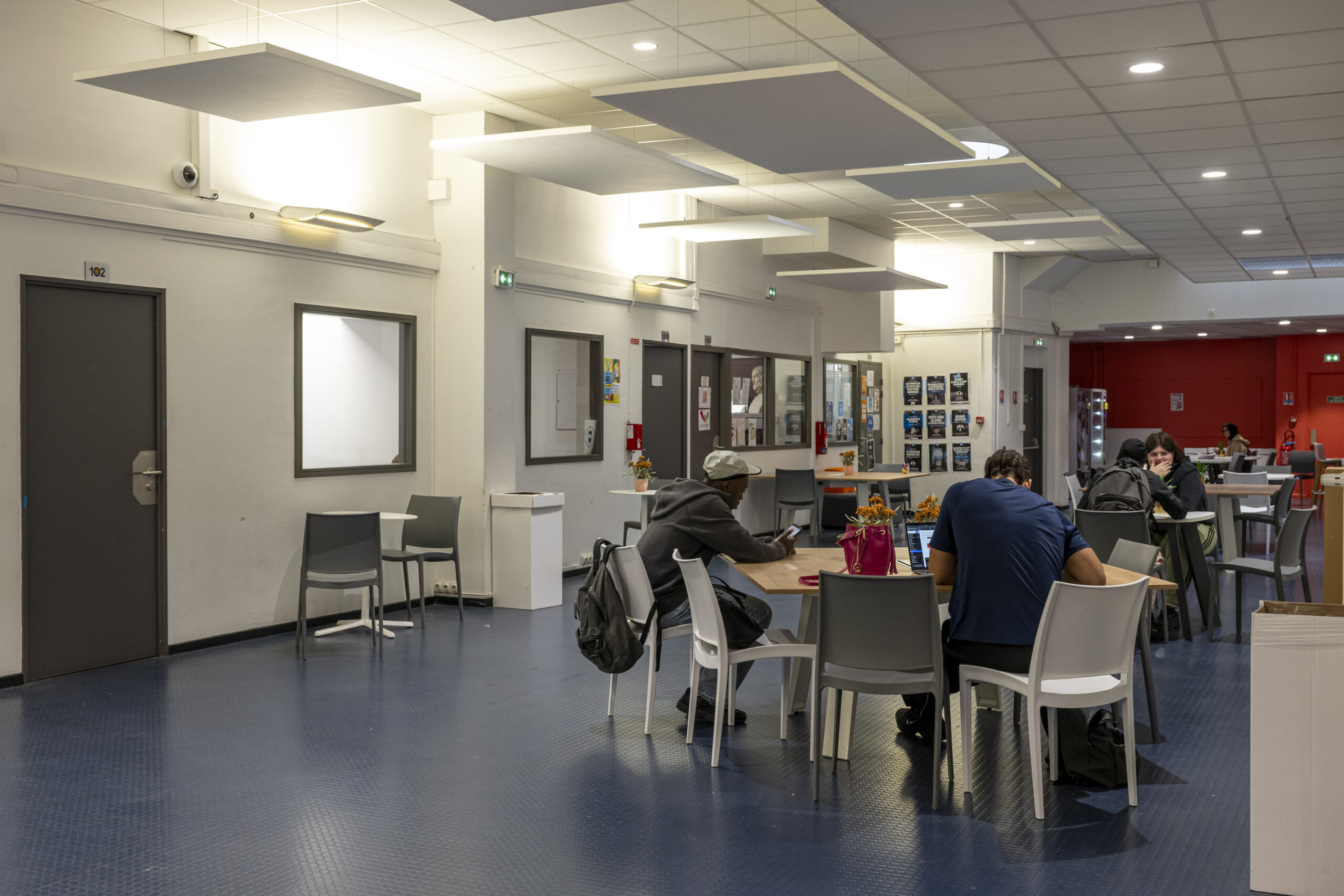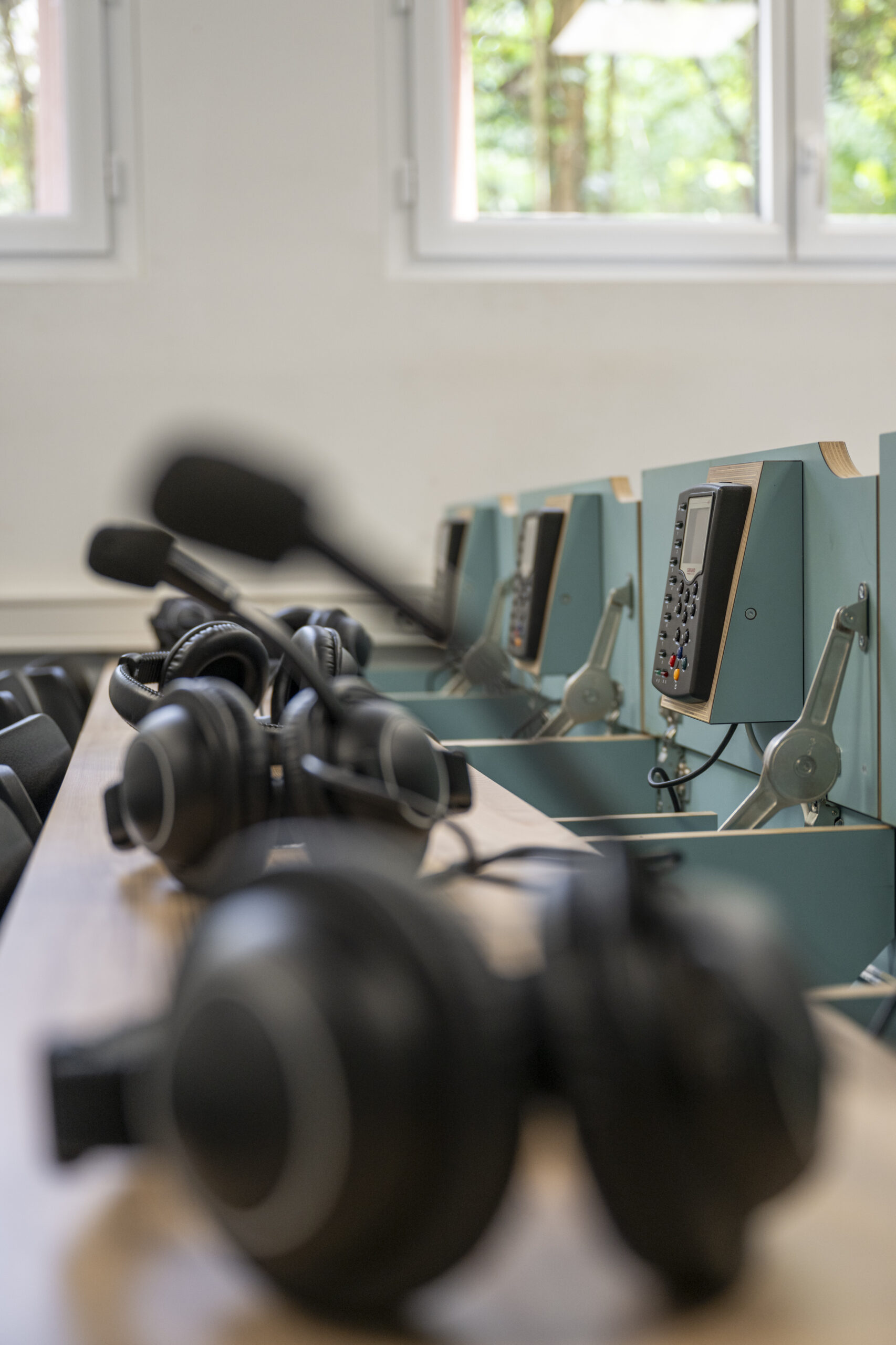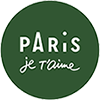The French education system: understanding levels and diplomas.
Primary Level – Kindergarten and Elementary Course
Since 2019, education is mandatory in France from 3 to 16 years old, and compulsory training from 16 to 18 years old.
The French education system begins with primary education, which is divided into two cycles: kindergarten and elementary cycle. Kindergarten, intended for children aged 3 to 6, aims to promote their development and socialization, while developing their first language and cognitive skills. The elementary cycle, ages 6 to 11, encompasses the preparatory course (CP), elementary course 1 (CE1), elementary course 2 (CE2), middle course 1 (CM1), and middle course 2 (CM2 ). The objective of primary school is to ensure mastery of fundamental skills in reading, writing, mathematics and science, while promoting cultural and artistic awareness.
Secondary Level – Middle and High School
After primary school, students enter middle school at the age of 11, where they spend four years in a cycle which concludes with the Diplôme National du Brevet (DNB). The middle school continues basic education and prepares students for the transition to high school. At the end of middle school, the DNB assesses their knowledge in French, mathematics, history-geography, science, and civic education.
High school is divided into three years of classes (second, first, and final) and offers two distinct courses: general and technological, or professional. The baccalaureate, often called the “bac”, is the major objective of high school. “General” baccalaureate is obtained by passing a national exam that covers a wide range of subjects. Since 2018, the literary (L), economic and social (ES), and scientific (S) baccalaureate have been abolished: future baccalaureate graduates must now choose 3 specialties among the 12 offered. The technological baccalaureate focuses on technical and professional subjects, while the professional baccalaureate prepares students for specific professions.
Higher Education – University
After obtaining the baccalaureate, French students have access to a wide range of options for pursuing higher education. Universities offer bachelor’s, master’s and doctoral degrees in various academic fields. The goal of higher education is obviously to provide in-depth training in your chosen discipline, as well as research and critical thinking skills.
In addition to prestigious universities, France is also known for its “Grandes Ecoles”, which offer high-level academic and professional programs in fields such as sciences, arts, engineering, business, and more. Admission to such institutions is very selective and based on entrance exams or competitions.
For non-French-speaking international students, pursuing higher education in France may require a diploma or a test demonstrating a level of mastery of the French language equivalent to A1 or A2 of the CEFR.









